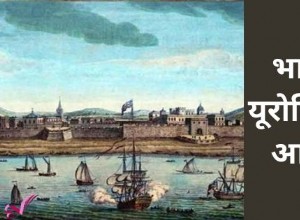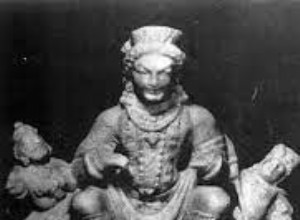Today in this article we are telling you about India History in Hindi – Arrival of Europeans in India. Indian History in Hindi – Religious Movements of 15th and 16th Century Arrival of Europeans in India Q. Who discovered the sea route between India and Europe? Ans. Vasco da Gama Q. Where did


![[Is it true or false? ] Akechi Mitsuhide s many grudges explode due to the strangeness of Honnoji! !!](/article/uploadfiles/202207/2022072209275067.jpg)

![[Minamoto no Yoriie] The second shogun of the Kamakura Shogunate! Life involved in Hojo s plot!](/article/uploadfiles/202207/2022072209242390_S.jpg)